2020 Archive (11 found)
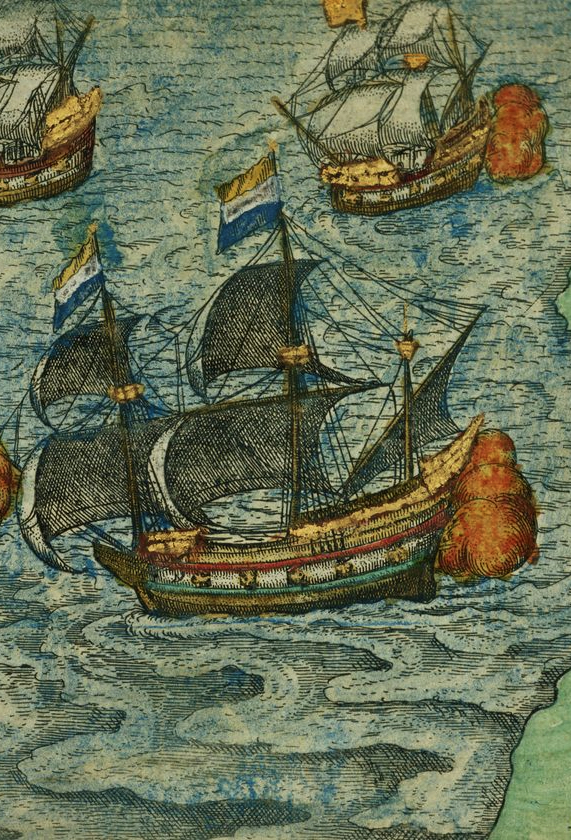 Into the Void
Into the Void
December 26, 2020 | The Wall Street Journal
The cold, hoary legacy of polar exploration depends on outsize characters—and good books. Some chronicle legendary survivors. Ernest Shackleton found fame in 1917 by bringing his crew safely back from Antarctica, yielding one of the best adventure stories ever written: Alfred Lansing’s “Endurance.” Other explorers made their way into print by dying. John Franklin, who …
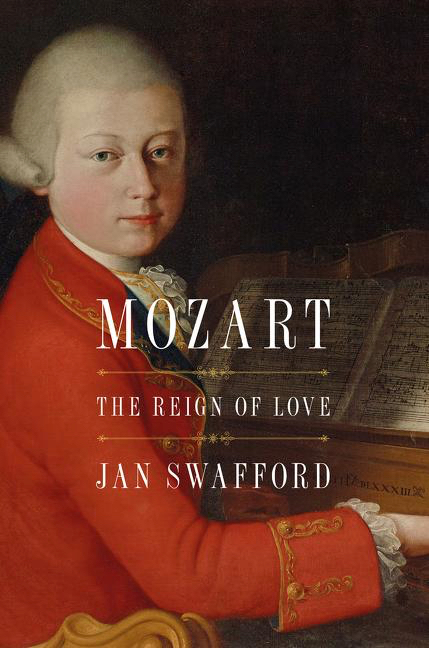 Too Beautiful
Too Beautiful
November 26, 2020 | The Economist
The moment he saw an organ, Wolfgang Amadeus Mozart knew what to do with it. Aged six, already a prodigy on the clavier, he encountered pedals and stops for the first time in an Austrian church. Within minutes he was accompanying mass and improvising freely. In the following year, 1763, an official in Heidelberg was …
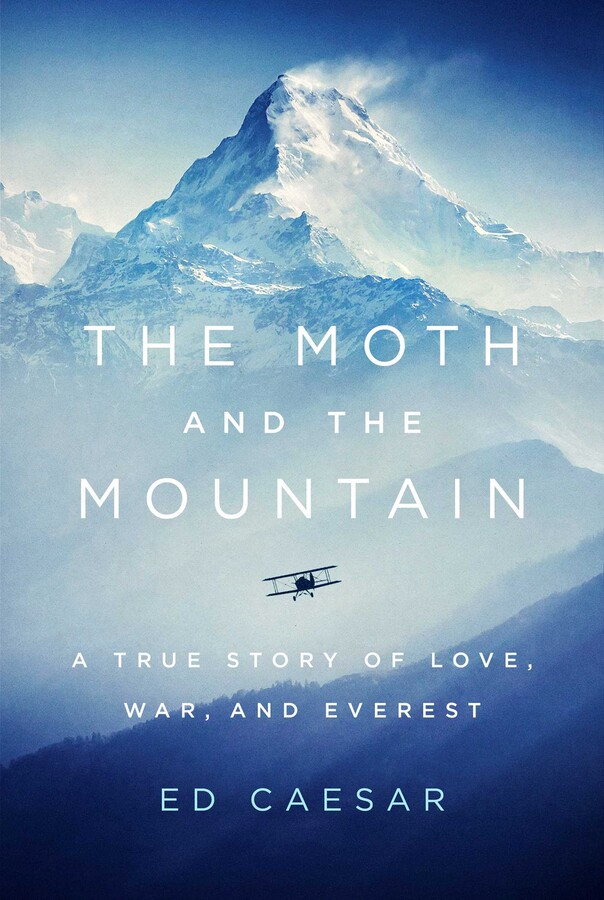 The Amateur’s Ascent
The Amateur’s Ascent
November 14, 2020 | The Wall Street Journal
How’s this for an adventure: Buy a small airplane and learn to fly it. Point it east, toward the highest mountain range on Earth. Travel halfway around the world, solo, from England to Nepal, stopping to refuel in the great cities of Rome, Cairo, Baghdad and Delhi. Use subterfuge and luck to evade the police …
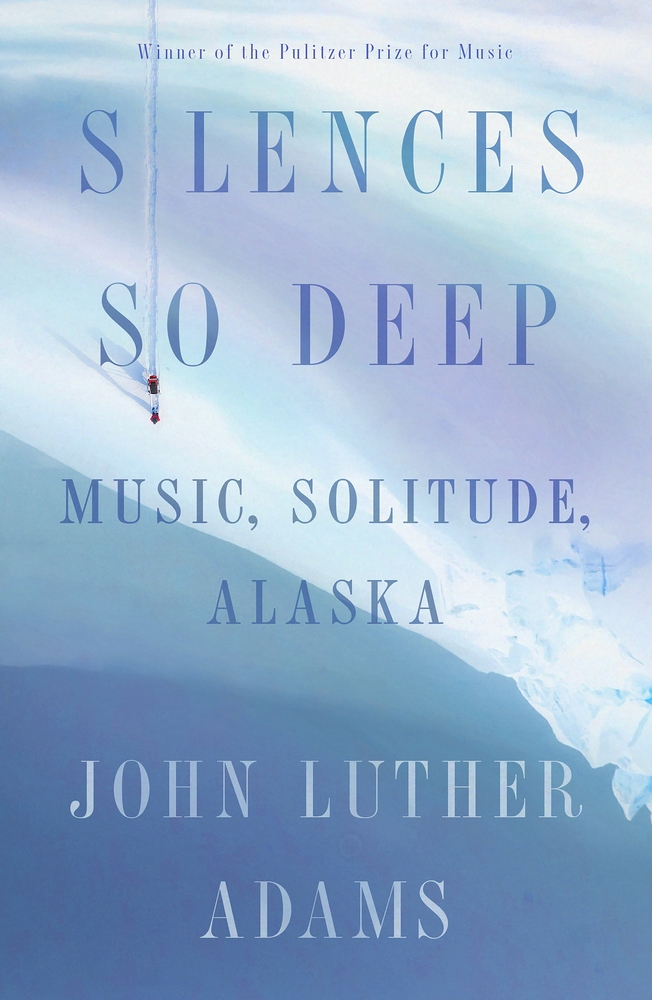 Northern Symphony
Northern Symphony
October 2, 2020 | The Wall Street Journal
John Luther Adams spent much of his adult life in Alaska, not for the mountains or the stargazing but for the quiet. It allowed the composer to think, and, more important, to listen. He carried a music notebook on walks and took dictation directly from the birds. He practiced his tympani parts for the Fairbanks …
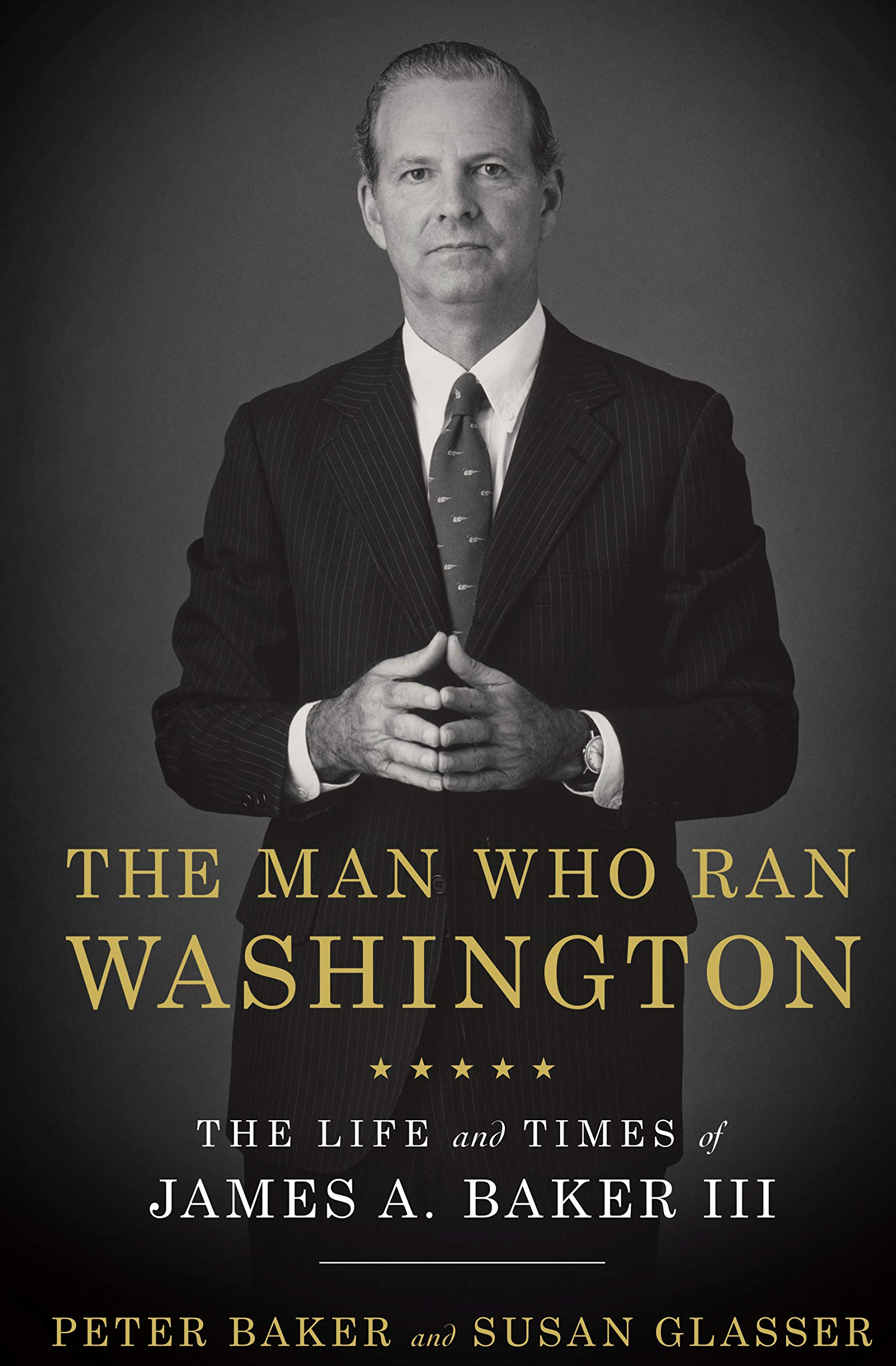 All the Presidents’ Man
All the Presidents’ Man
September 25, 2020 | The Economist
During the confusion that followed the attempt on Ronald Reagan’s life in 1981, Alexander Haig, the secretary of state, proclaimed at the White House podium: “I am in control.” Breathless and sweating, Haig reassured no one. While he floundered, someone else took command. James Baker, the chief of staff, monitored Reagan’s condition, kept the government …
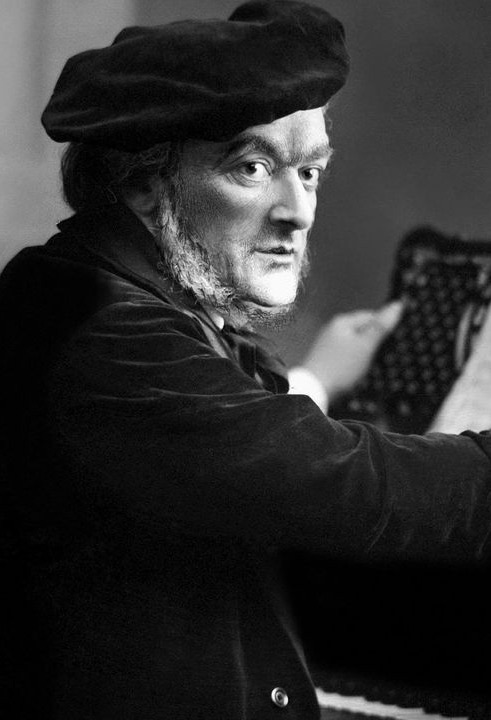 A Hateful Beauty
A Hateful Beauty
September 17, 2020 | The Economist
Hitler casts as long a shadow over Richard Wagner as Wagner casts over art. So argues Alex Ross, the music critic of the New Yorker, in his gigantic new book, “Wagnerism.” Fifty years after the German composer’s death in 1883, his operas became “the chief cultural ornament of the most destructive political regime in history.” …
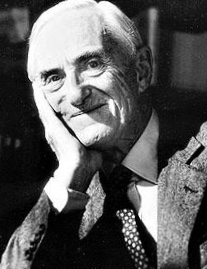 My Captain Jacks
My Captain Jacks
June 19, 2020 | The Wall Street Journal
I don’t know anyone else who’s got a tailor-made work of art. Not tailor-made in the sense of a commissioned piece or a personal gift. I’m not referring to dedicatees. Nor do I mean favorites. Everyone has favorites. I mean stumbling across a film or novel that is pitched so finely to your particular sensibilities …
 The Common Miracles
The Common Miracles
June 12, 2020 | The Wall Street Journal
What is a mountain: Is it a trophy or a temple? Recently we have begun to claim nature’s grandest tableaux as prizes. Alex Honnold climbs El Capitan with no rope. Crowded rows of paying customers line the summit ridge of Mount Everest like Black Friday shoppers. Alpinists rush to check off the highest peak of …
 Saint, Sinner, Troublemaker
Saint, Sinner, Troublemaker
April 17, 2020 | The Wall Street Journal
In the early 1950s, as the Cold War began to take shape, the radical Catholic Dorothy Day protested a series of nuclear air-raid drills in New York City. Rather than staying indoors as ordered, Day and other pacifists gathered in parks and waited to be arrested. The gesture signified their refusal to participate in “psychological …
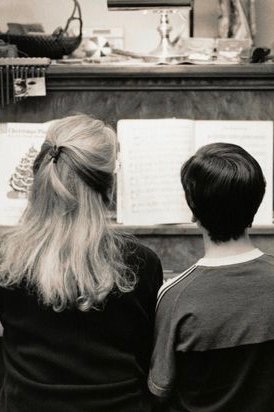 Variations on a Theme
Variations on a Theme
February 15, 2020 | The Wall Street Journal
When a musician sits down and tries to play something for the first time, an extraordinary thing can happen, writes the critic Philip Kennicott. If he or she has heard the music before but never attempted it, a feeling not unlike the flush of romantic love can occur. For a few carefree minutes, there is …
 The Supreme Court’s Enduring Bias
The Supreme Court’s Enduring Bias
February 11, 2020 | The Atlantic
A template for popular books about the Supreme Court has emerged since Bob Woodward and Scott Armstrong’s The Brethren was published in 1979. It goes like this: Interweave case histories with biographical material on the justices and add anecdotes about their unseemly horse-trading. Then pack in as much gossip as you can. Journalists including Jeffrey …